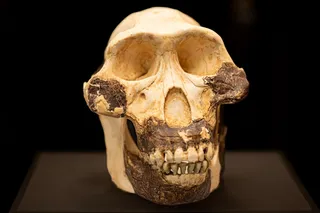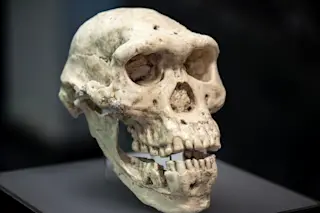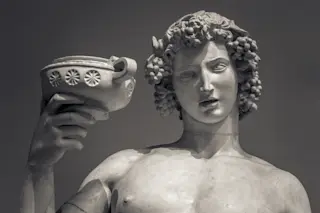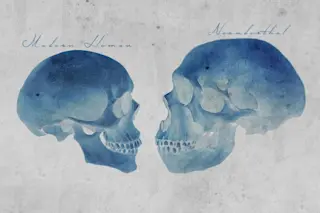My post below on atheism and autism caused some confusion. I want to quickly clear up some issues in regards to the model which I had in mind implicitly. In short I'm convinced by the work of cognitive scientists of religion (see Religion Explained and In Gods We Trust) that belief in gods and spirits is intuitively plausible to most people. It does not follow from this that when you have an intuitive belief that that belief is unshakable. This explains the variation in levels of atheism across societies as well as shifts of views across one's lifetime. But, it also explains why in pre-modern societies acceptance of supernatural entities is the null or default position, if not necessarily universal. But what's the basis for the idea that belief in gods is intuitive? To reduce a lot of results down to a few sentences, humans live in a universe of ...
What atheism and autism may have in common
Explore how belief in gods and spirits affects individuals, particularly those with high functioning autism, and insights from cognitive scientists.
More on Discover
Stay Curious
SubscribeTo The Magazine
Save up to 40% off the cover price when you subscribe to Discover magazine.
Subscribe












